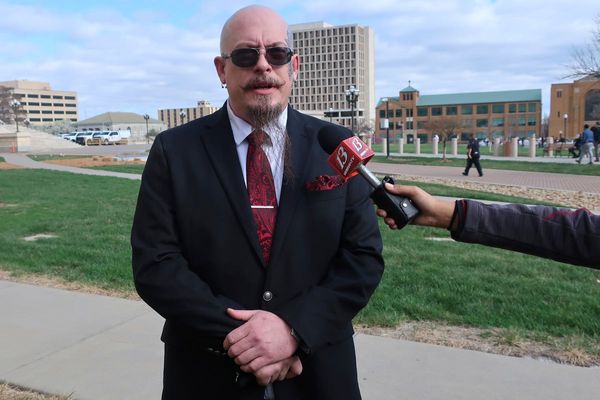
The “significant gaps” between the education and wellbeing outcomes of students in regional and remote parts of New South Wales and their city counterparts are unlikely to close, according to an audit of the education department’s strategy.
The scathing report handed down by the state’s auditor general, Margaret Crawford, found the department was “unlikely to achieve its vision” for education equality across the state due to shortcomings in its own strategy’s design and implementation.
“The department is not addressing the complexities of delivering regional, rural and remote early childhood, school education and skills pathways,” the auditor found.
“Key enabling factors such as resourcing a dedicated team, setting performance measures, and establishing suitable governance arrangements were not put in place to support effective implementation of the 2021 strategy.”
The situation was so severe the auditor called on the department to develop an entirely new strategy and report publicly on key performance indicators, which she found the department had failed to do thus far.
The audit found there were more than 900 vacant teacher positions in regional and remote schools at the start of this year, amid a teacher shortage crisis across the state.
Crawford said this could affect the quality of education, noting one school reported it had to combine a “sizeable portion of its classes” in early 2023 due to shortages.
“Schools also reported relying on local retired teachers to cover staff absences, who were not always trained in the subjects they were required to cover,” the auditor found.
“This can mean students have fewer subject choices, inconsistent learning experiences, and lower educational outcomes.”
More than 40% of schools in NSW are located outside metropolitan areas. Almost half of the students in those schools were not on track to meet all five early development domains, according to a 2021 education census.
“Children outside of major cities are less likely to meet reading and numeracy standards,” the report read.
The department released an updated rural and remote education strategy to address the gap in outcomes at the start of 2021. It followed another strategy to address educational disadvantage that began in 2013 under the previous government.
Crawford concluded there was “not enough work put in to plan for successful implementation” and found the department had not established a way to measure the success of the plan.
Two years after its release, the department had not publicly reported any actions or outcomes.
The deputy premier and education minister, Prue Car, accused the previous government of introducing a policy that was “nothing but spin”.
“This was shameless politics by the Liberal and Nationals and they need to apologise to parents and students in the bush,” she said.
“We will not waste another day, and we have today asked executives in the NSW department of education to reprioritise our students in the bush, with a keen focus on pieces that will deliver the biggest impact.”
The report prompted renewed calls from the NSW Teachers Federation to return to a deal that would’ve made the state’s teachers the best-paid in the country.
The federation’s acting president, Henry Rajendra, said urgent action was needed to address “more than a decade of neglect”.
“The Minns government has no time to waste,” he said.
“It must revive and honour the agreement it had to tackle the teacher shortage, by paying teachers what they are worth.”
The federation last week accused the government of abandoning a deal that had almost been inked, revising its agreement to a three-year clause capping wages at 2.5%, below inflation.
The opposition, which was in power when the previous plan was introduced, has been contacted for comment.







